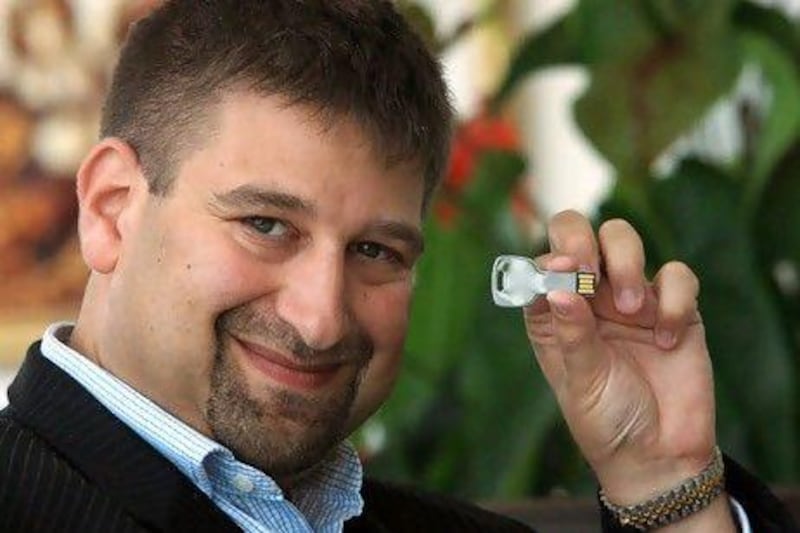Simon Nestel is having to swallow his own medicine.
Having created a successful consultancy that helps small-to-medium-sized enterprises (SMEs) develop, the chief executive is now trying to expand his business into new territory, which to a large extent means following the advice he has been giving other entrepreneurs. He is finding that getting a business off the ground is easier said than done.
Mr Nestel's company, Carousel Solutions, is marketing a new product called the KeyChain Desktop that allows people to access their office desktops from home. The company is seeking capital to further develop the technology, market it and build relationships with sellers abroad.
Despite the company's expertise in creating business plans and marketing, raising money can be difficult. Mr Nestel says there is "a distinct lack of funding" available to SMEs - even if you know where to look for it.
"Banks are reluctant to lend to SMEs as they don't have solid cash flows or enough of a proven track record, while early-stage equity providers are scarce, especially in the Middle East," Mr Nestel says. "Raising capital in this market will be a real challenge."
To combat this issue, Carousel is trying to develop a network of angel investors in the Middle East, the US and Europe.
The company has a former venture capitalist on its board and has contacted a number of investors after introductions at trade fairs and exhibitions.
Revenues from the company's regular consultancy work has helped to fund the product's development.
"We have made sure that while we are trying to raise capital, we have enough internal funds to continue with development," says Shimi Shah, the company's co-founder. Ms Shimi is looking for what she calls "smart money", or those investors with connections, knowledge of other products and relationships with potential customers.
"Most angel investors would require a seat on our board and we would welcome this expertise," Ms Shah says. "But the main advice we've followed from Carousel's business experience is to patent the technology so that we're protected."
The concept of the Keychain Desktop is relatively simple: it is a piece of hardware that looks like a USB stick, but rather than being able to transfer only specified data from computer to computer, this stick can transfer everything.
Once the device is plugged into a home computer, the user can log on to company servers, operating systems, files and e-mail.
The idea came from the co-founders' personal experiences working as consultants.
"You get into the corporate environment and the first thing the company says is that you can't put your laptop on their network," Mr Nestel says. "That got us thinking."
The company is in the process of procuring both direct customers, as well as going through re-sellers such as the UK-based Computercentre.
Carousel is pricing the Keychain Desktop at US$150 (Dh550), or about half the price of a netbook, and intends to market the product to IT managers who are looking to cut the costs associated with employees who work remotely.
The product is in pilot projects with three banks, two airlines and two other companies.






